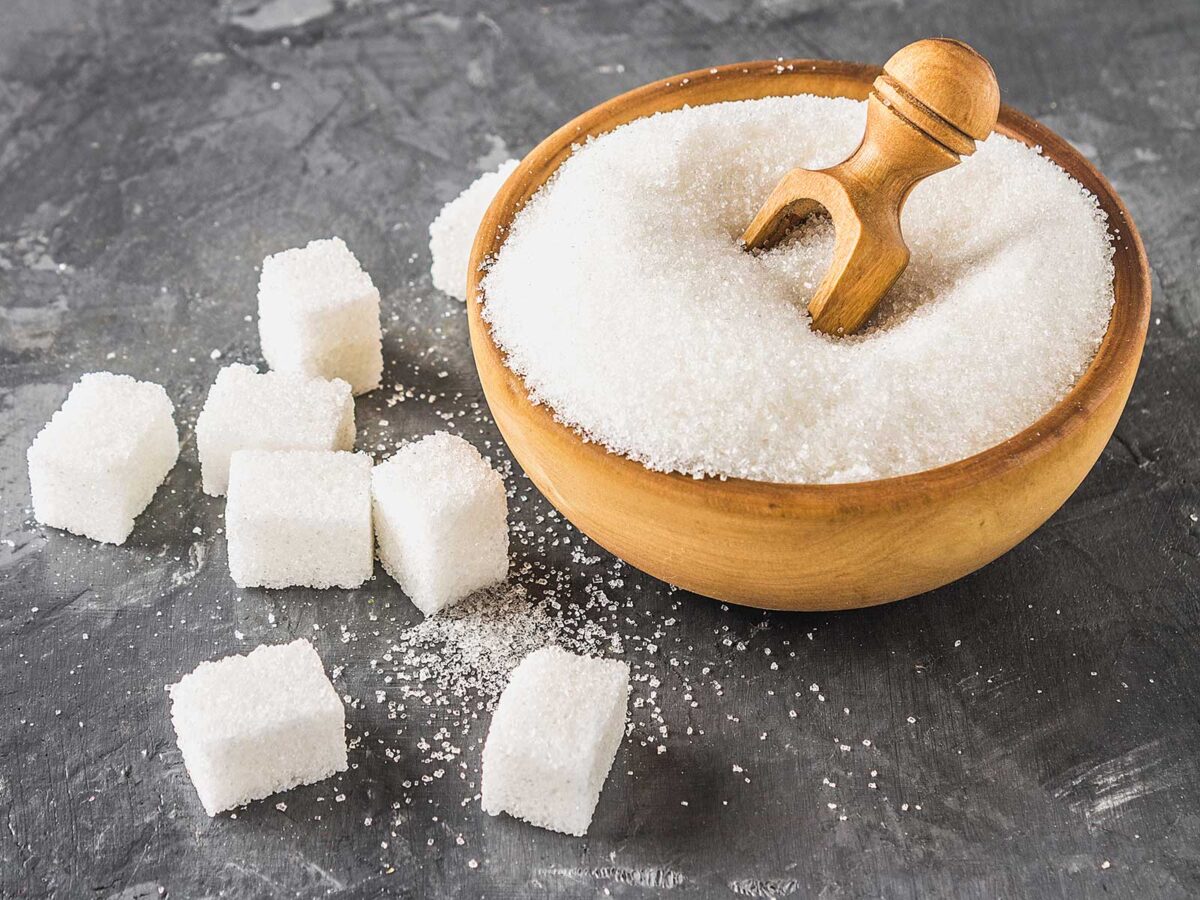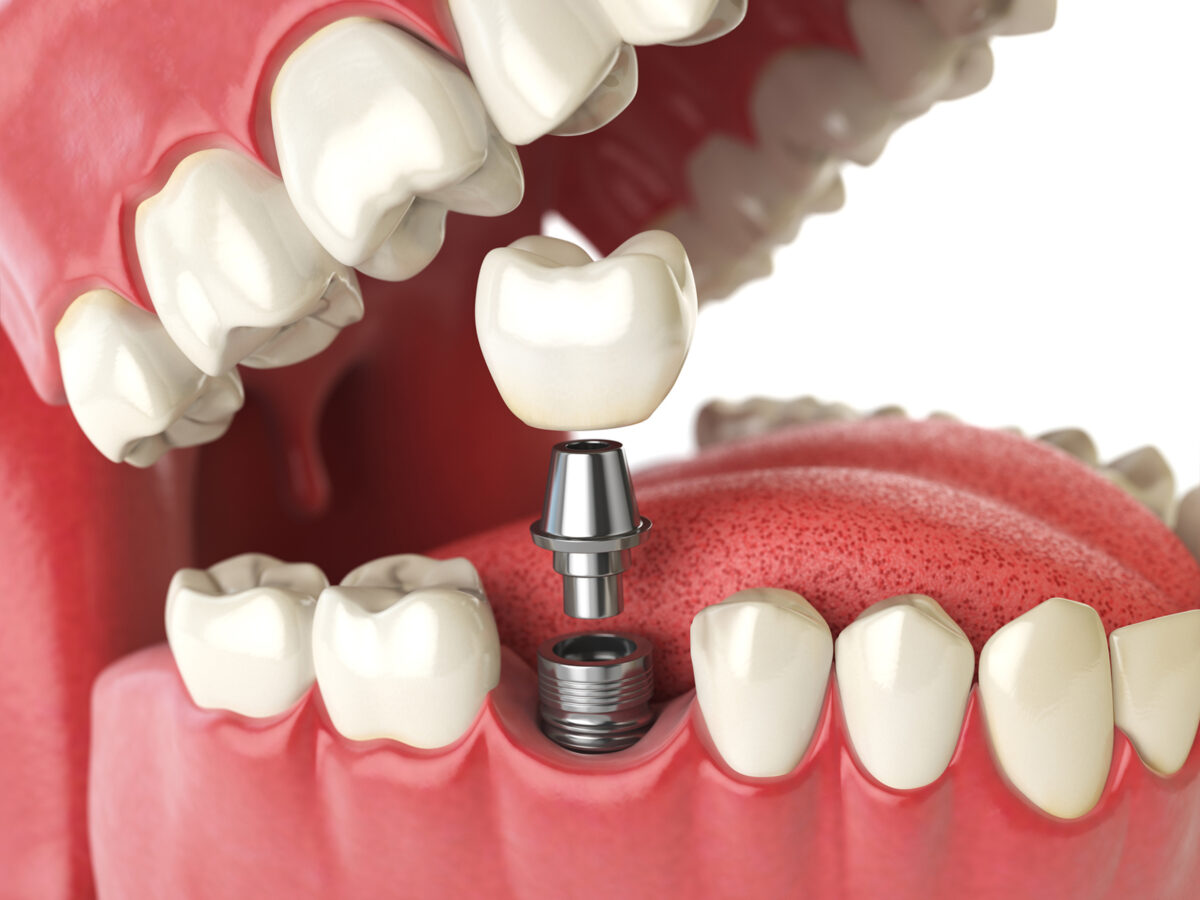Despite sugar’s seemingly harmless nature, it can affect people’s health in a variety of ways. A high-sugar diet can exacerbate these health issues. When blood glucose levels soar and then dive rapidly, the results of a high-sugar diet can become apparent quickly, and it can affect your overall body and teeth.
The detrimental effects of sugar on our teeth are well known. Though consuming sugary foods every now and then is not harmful, if you eat such foods without keeping track of it, then it can harm your oral health.
Most people know that sweets, in general, are harmful to the teeth and can cause tooth decay, but they don’t know the adverse effect of eating them excessively. So, today we are going to talk about the same in this article, including some prevention tips.
What does excess sugar do to your teeth?
The mouth contains two potentially destructive types of bacteria: Streptococcus Mutans and Streptococcus Sobrinus. The sticky material that a dentist removes from your teeth during a routine visit is plaque, formed by these two bacteria that feed on sugar. By not brushing or flossing your mouth, you will eventually allow this plaque to sit in your mouth and eat away at the enamel.
As soon as the sugar is consumed, harmful bacteria in your mouth produce acid. These acids dissolve minerals from the outer layer of your teeth, which is the enamel. Demineralization is the term used to describe this process.
However, you are in luck because the saliva in your mouth reverses this damage and remineralizes your teeth. But the repeated cycle of acid attacks (caused by eating too many sweets) can lead to mineral loss in the enamel. Eventually, this weakens and kills the enamel causing cavities.
So, consuming too many sugary items can make your teeth weak and can cause tooth decay, which makes them have tiny little openings that act as a breeding ground for many harmful infections and bacteria.
Some prevention tips!
Now that you know what eating too many sweets can do to your oral health, let us see some of the prevention tips for the same:
- Check your dietary habits: Put a stop to sugary snacks before they become a habit. Sugary drinks and sweets frequently consumed can cause cavities, according to numerous studies. Sugary snacks pose a higher risk of tooth decay due to the dissolving effect of various acids on your teeth. Recent research among school children found that snacking on cookies and potato chips increased the likelihood of developing cavities by four times.
- Maintain good oral hygiene: Make sure to brush your teeth twice per day to prevent tooth decay and cavities. In order to get the best results, you should brush after each meal and as well as before going to bed. Fluoride toothpaste helps protect your overall health and promotes good oral hygiene. As a bonus, stimulating saliva flow ensures that beneficial minerals are deposited on teeth.
- Cut down on refined sugar: Cutting down on sugary food, especially refined sugar, helps prevent multiple oral health problems. Snacks like doughnuts, cakes, pastries, etc., can harm your teeth to a great level. Therefore, it is vital to consume these snacks in a limited manner.
Lastly, we all know when things are consumed in a controlled manner, they do not harm. But if you form a frequent habit of consuming anything in excess, it will harm your health, and the same is with sugar.
Therefore, taking care of your dietary habits and replacing refined\artificial sweets with fruits and healthy things can help you keep your oral health on track. In addition, visiting your dentist is also very vital to stay away from cavities or decay.





